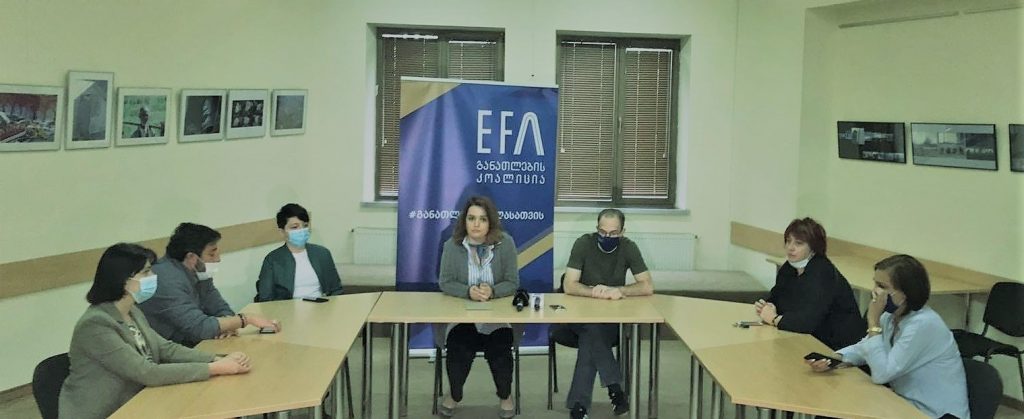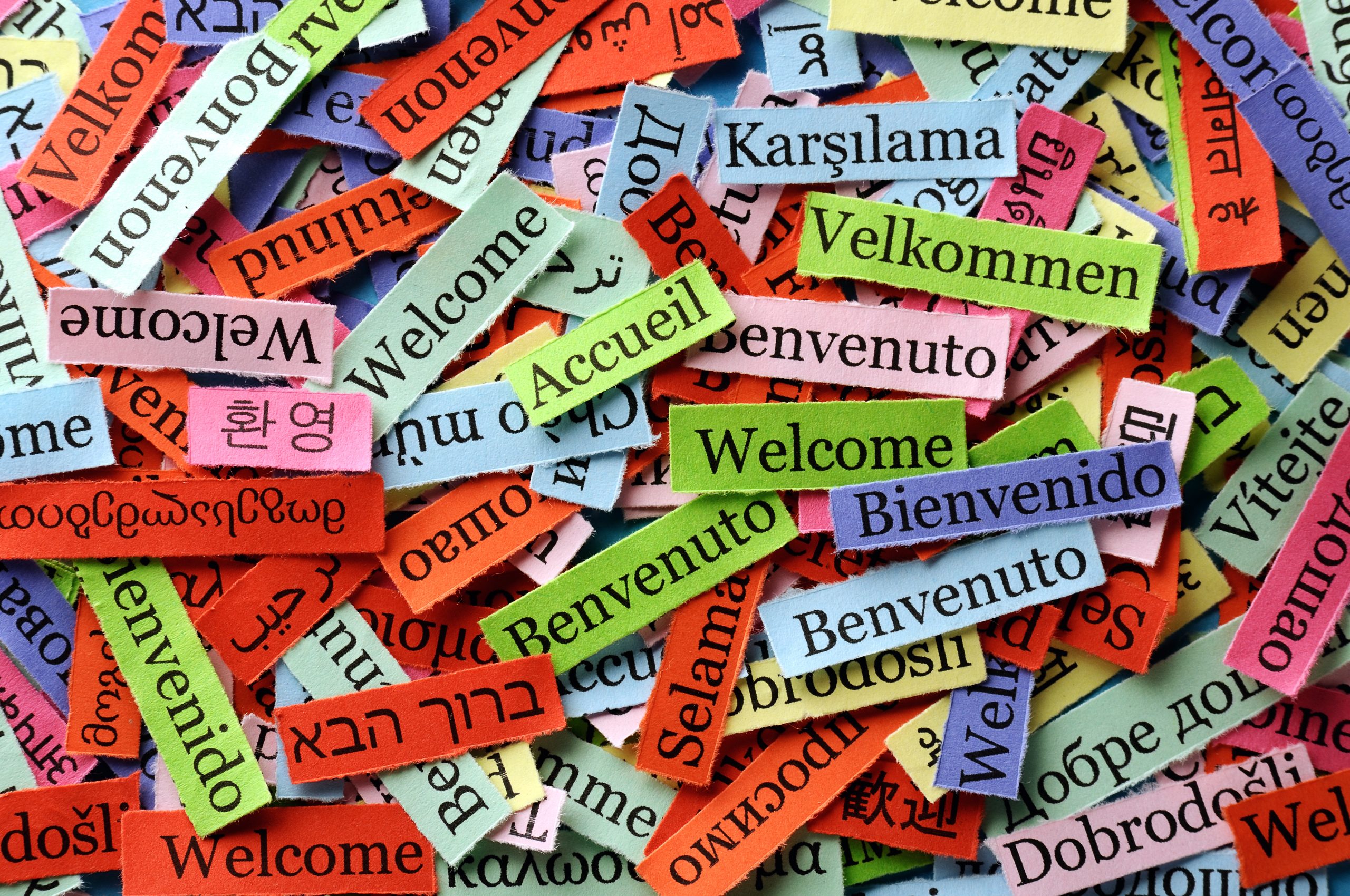by George Chanturia, Local Correspondent from Georgia.
 I remember in the 1990s, when there was no food, no electricity, no hot water and people were burning stuff to get warm, we, as little kids, were listening to 2pac. Obviously, at that time I did not understand a thing he was saying. However, when I first listened to the “Changes,” I knew what it meant. I mean somebody told me and it stuck in my head.
I remember in the 1990s, when there was no food, no electricity, no hot water and people were burning stuff to get warm, we, as little kids, were listening to 2pac. Obviously, at that time I did not understand a thing he was saying. However, when I first listened to the “Changes,” I knew what it meant. I mean somebody told me and it stuck in my head.
“I see no changes wake up in the morning and I ask myself
Is life worth living should I blast myself?
I’m tired of bein’ poor and even worse I’m black
My stomach hurts so I’m lookin’ for a purse to snatch
…
I got love for my brother but we can never go nowhere
Unless we share with each other
We gotta start makin’ changes
Learn to see me as a brother instead of two distant strangers
And that’s how it’s… “
Actually, it was my very first days of school. Generally, my grandmother was the one who took me to school. And I remember seeing a stencil on the wall – “2pac”. And I was like – what does it mean? It took me some time to realize what that was.
Anyways, why 2pac, you must be wondering? What does it have to do with CSOs? It’s just every time I think about the amount of problems that the country is facing and the amount of changes that we need to make, I think about this song. Is life worth living? How can we overcome poverty? Inequality? Division among people?
Unfortunately, the coming years would be very difficult for all of us, including the CSOs in Georgia. According to the International Monetary Fund’s World Education Outlook, GDP of the advanced economies is expected to decline by 8% in 2020. Squeezed budgets could translate into a fall for aid to education of up to US$2 billion by 2022. With that, the Global Education Monitoring Report by UNESCO anticipates that it may be six years until 2018 levels are reached again.
According to the UNICEF’s new report, “the impact of the pandemic will affect children’s lives for years to come, even if a breakthrough vaccine becomes available soon. How the world responds now to the myriad risks that the pandemic poses to children and adolescents will determine their future. Unless the global community urgently changes priorities, the potential of this generation of young people may well be lost.”
Obviously, CSOs are also part of this global community. Sometimes, the way CSOs operate and the level of bureaucracy they entail, is so complicated and unreachable to the general public or the people in need that the whole purpose of changing or improving the system and the beneficiaries is lost.
If we go back to the UNICEF’s report, it gives six points that need to be done:
- Ensure all children learn, including by closing the digital divide.
- Guarantee access to health and nutrition services and make vaccines affordable and available to every child.
- Support and protect the mental health of children and young people and bring an end to abuse, gender‑based violence and neglect in childhood.
- Increase access to clean water, sanitation and hygiene and address environmental degradation and climate change.
- Reverse the rise in child poverty and ensure an inclusive recovery for all.
- Redouble efforts to protect and support children and their families living through conflict, disaster and displacement.
As for the CSOs, I believe we have to become more closely connected to the local communities and people we serve, the so-called beneficiaries. We need to change our language (please see the blog “the language we use”). However, first things first – with the financing declining and economies in recession, it would be difficult for many to survive. Therefore, our strategies need to be more creative and less traditional and donor-driven. Alternative sources of funding have to be created e.g. crowdfunding, entrepreneurial approaches and, perhaps, using business mindset, sometimes.
In closing, changes are to be coming in the CSO sector, too… and with that in mind, Merry Christmas and a Happy New-Year to you all!
References:
Averting a lost COVID generation: A six-point plan to respond, recover and reimagine a post-pandemic world for every child. UNICEF, November 2020.
Global Education Monitoring Report. Policy Paper 41. July, 2020.
This article was produced by George Chanturia, the Project’s local correspondent and EaP Civil Society Fellow from Georgia in the framework of the EU-funded ‘Eastern Partnership Civil Society Facility – Regional Actions’ Project. Its contents are the sole responsibility of George Chanturia and do not necessarily reflect the views of the European Union or the Project. The photos are provided by the Local Correspondent.
Read more about our local correspondents here.




